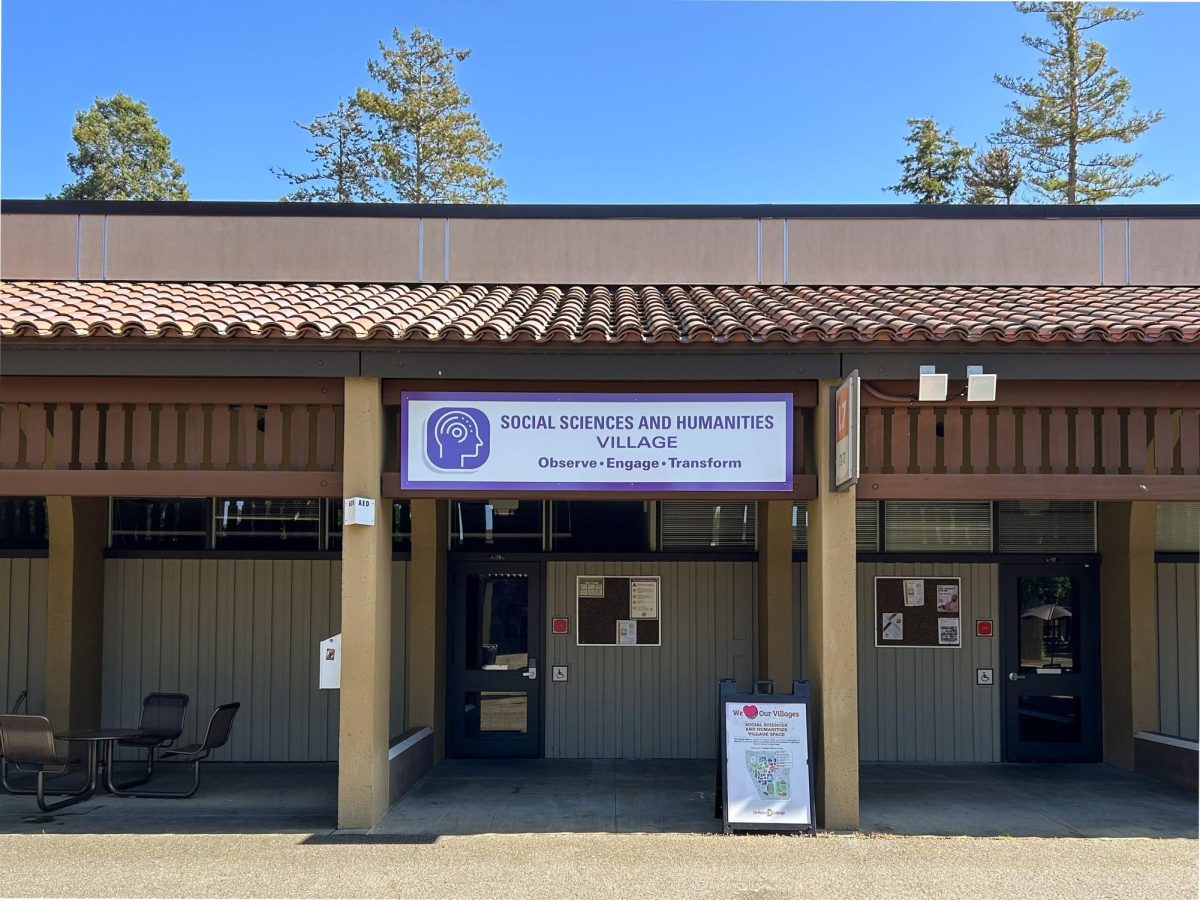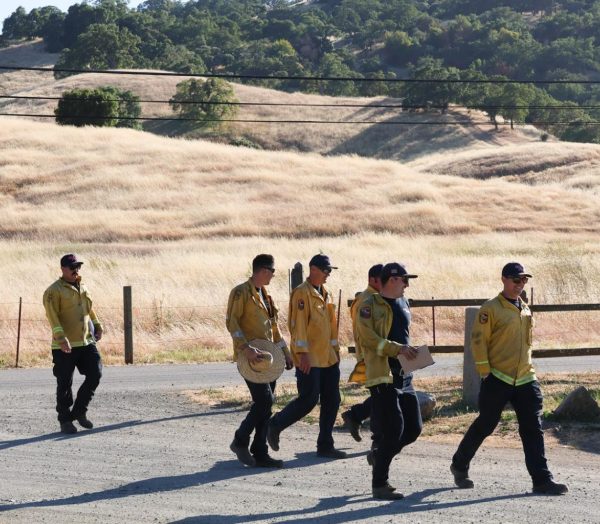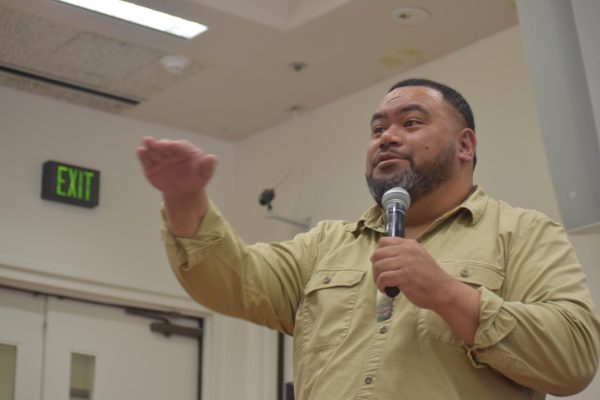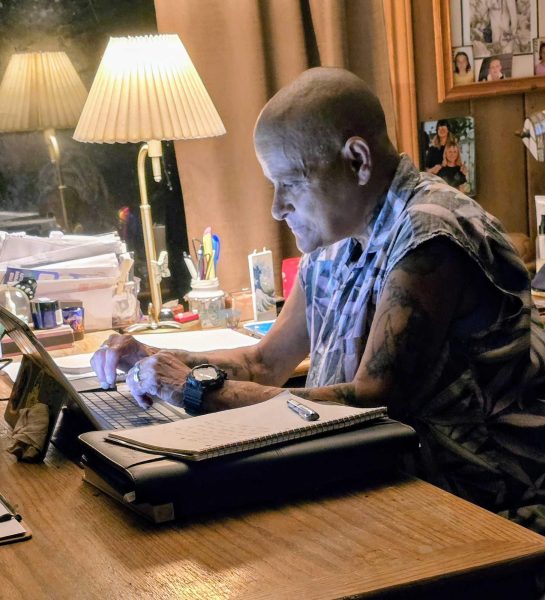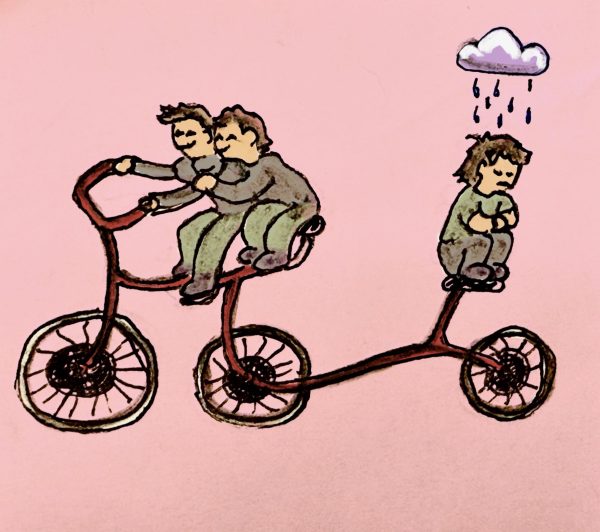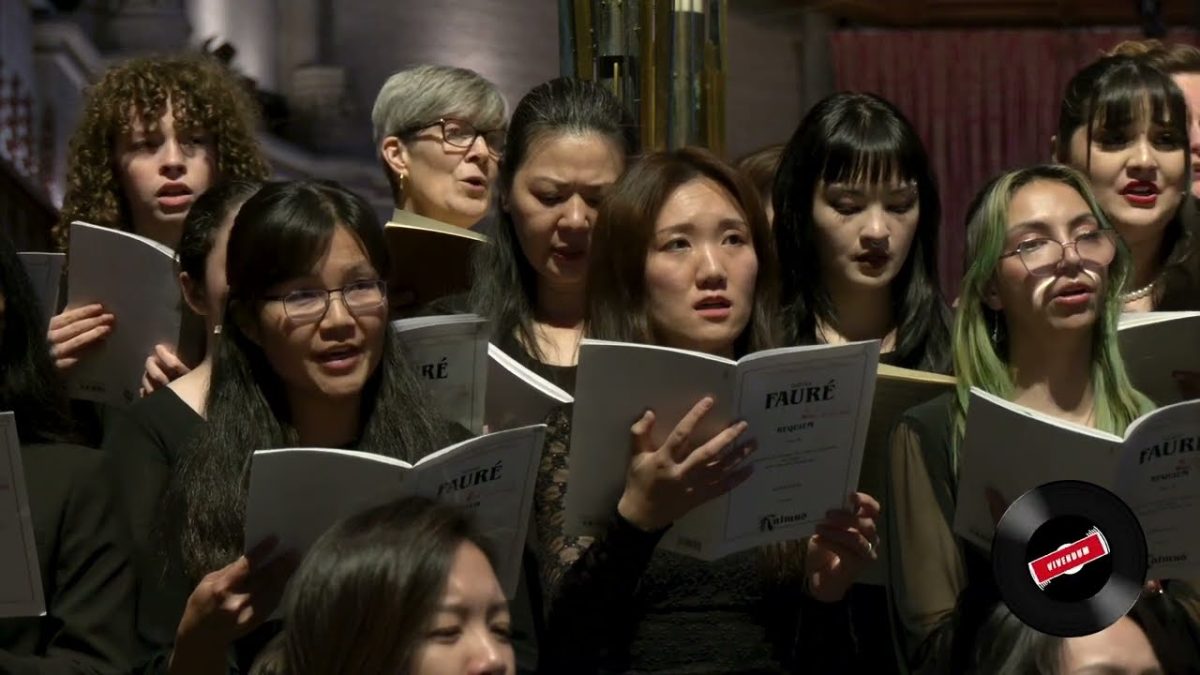La Voz will not stand with the college’s status quo
Left to right, Kathleen Quinn, Editor-in-Chief, Aliya Nupbay, Impulse Editor, Joaquin Torres, Opinions Editor, Anthony Lucido, Social Media Editor, Annalise Friemarck, News Editor, Ashley Gonzales, Web Editor
June 12, 2020
As journalists, we have a responsibility to seek the truth and report it.
Over the past three weeks, we have seen statements of solidarity with the Black Lives Matter movement from the De Anza Community College administration, faculty organizations and DASB, but have also heard from Black members of the college that the administration does not care about Black life and not to trust any statement to the contrary.
Our Editorial Board, which currently has no Black members, has produced this piece in solidarity with the Black Lives Matter movement with the understanding that we do not, and cannot, know the experience of being Black in the United States.
As we intend to operate as an anti-racist newspaper, we must start updating and paying close attention to our own coverage of this movement.
We are no longer using the term “African-American” to describe the Black diaspora unless specific organizations or persons prefer it.
We understand that many Black Americans do not have clear connections to Africa and are unable to trace their lineage to Africa.
We will be using the word “Black” with a capital “B” because Black journalists have made it clear the term “black” devalues Black people.
We also recognize that the photographs that we take of the movement could cause harm or expose protesters to potential legal or safety concerns and so we are taking special consideration in the way that we use photographs of protests, while still attempting to show the real people who are part of the movement.
Our Editorial staff is making a conscious effort to listen and learn from Black voices and people who are directly affected by the stories we cover instead of giving priority to the status quo.
Addressing the college itself, there are more Foothill-De Anza police on campus than there are violent crimes on campus per year, and the majority of crimes committed on campus are “special category arrests” that include drug or alcohol related offenses and do not require armed police.
The presence of armed police on campus makes for an unwelcoming and hostile campus towards students, faculty and staff.
Though the outgoing president has announced the hiring of a new full-time staff member for the Umoja program, a program specifically designed to mentor Black students, not much was said last quarter when the DASB defunded all but travel expenses for the Umoja program in an effort to force the administration’s hand.
Since the Fall of 2015, the number of Black employees of the college has steadily decreased from 52 employees to 39 according to the Employees by Classification, Ethnicity and Gender Report.
The overall population of Black students is around 4%, according to a state of the college report, and represents some 714 students as of 2018.
Students are leading the change through use of social media platforms, creating petitions, providing valuable resource information to protesters and embodying the change they wish to see in the world.
But with that, students have become exhausted from battling a pandemic and dealing with the trauma of witnessing incessant police violence while still trying to navigate hours long Math 10 courses over Zoom.
Students have had to create proforma emails to be submitted to their professors to explain they are burnt out.
However, once again we see the administration as reactive instead of proactive in their response.
To make real change about the way De Anza College addresses its Black students, faculty and staff, we have to look at the way we have been operating up until this point and address the issues that have existed for years.
We must stop accepting tepid responses of solidarity in the place of real change.










